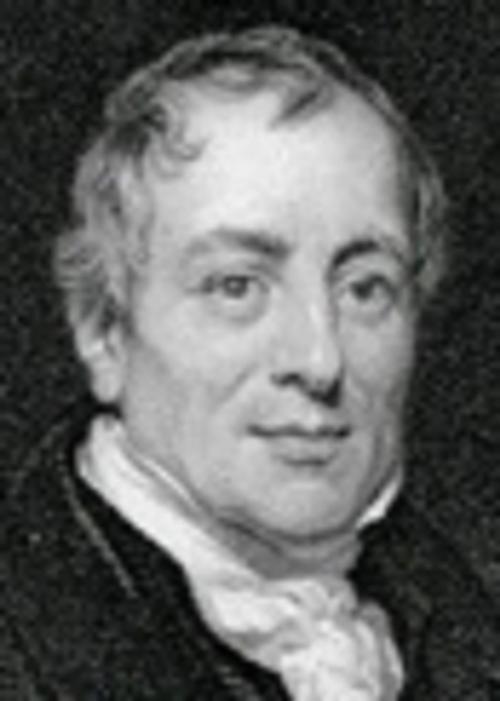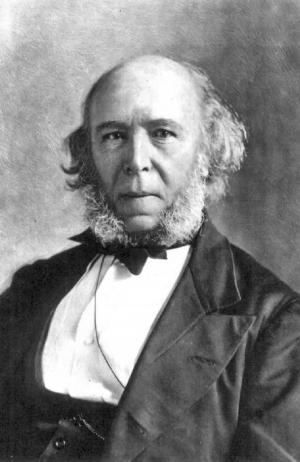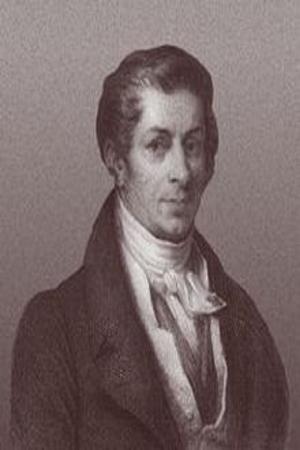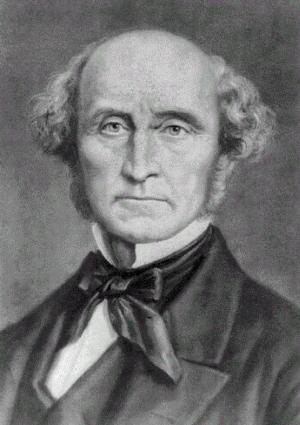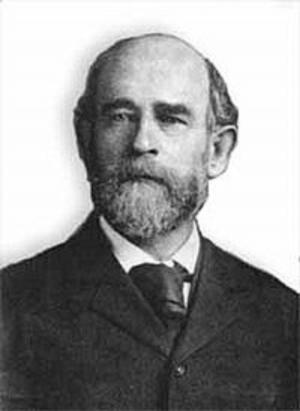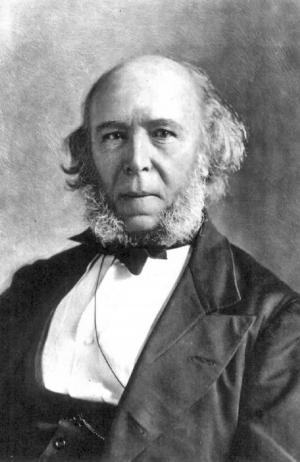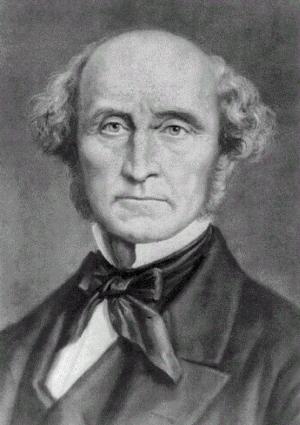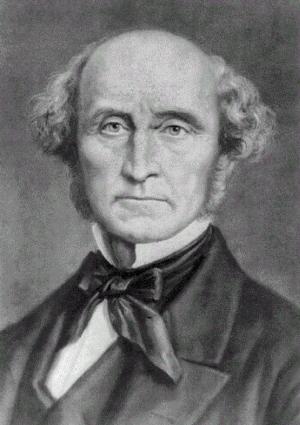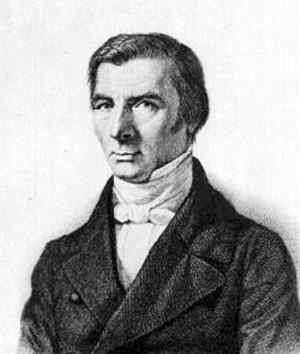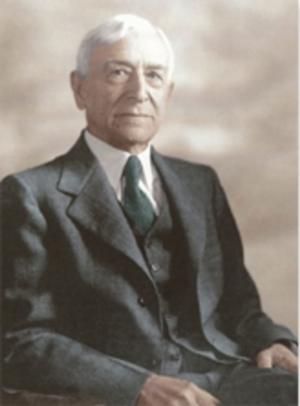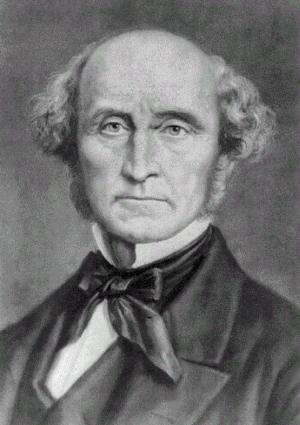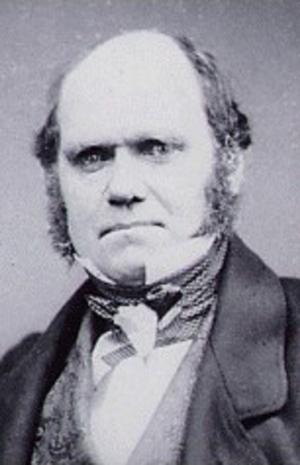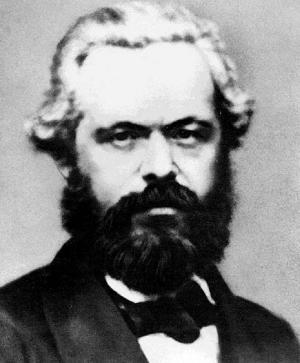On the Principles of Political Economy, and Taxation (Illustrated and Bundled with The Wealth of Nations and An Essay on Profits)
Business & Finance, Economics, Macroeconomics, Theory of Economics| Author: | David Ricardo | ISBN: | 1230000273536 |
| Publisher: | AS Team | Publication: | October 11, 2014 |
| Imprint: | Language: | English |
| Author: | David Ricardo |
| ISBN: | 1230000273536 |
| Publisher: | AS Team |
| Publication: | October 11, 2014 |
| Imprint: | |
| Language: | English |
The book has an active table of contents for easy access to each chapter of the following titles:
1. On the Principles of Political Economy, and Taxation – David Ricardo
2. The Wealth of Nations – Adam Smith
3. An Essay on the Influence of a Low Price of Corn on the Profits – David Ricardo
David Ricardo made essential contributions to classical economics and has been called the most influential classical economist along with Adam Smith, Thomas Malthus, John Stuart Mill, and Karl Marx. He contributed many aspects of the classic economics as the follows:
1) Labor theory of value.
2) Exchange value
3) Value in use
4) Rent
5) Accumulation of inequality
6) Protectionism
7) Comparative advantage
Ricardo’s most important legacy is his theory of comparative advantage. He told the world that a nation should concentrate solely on those industries in which it is most internationally competitive and trades with other countries to obtain products which are not produced nationally. Ricardo's theory of comparative advantage has been remained the corner stone of the arguments in favor of international free trade.
Ricardo’s comparative theory can be viewed as a modified and combined version of Smith’s theory on labor, division of labor, and free trade that are detailed in the book The Wealth of Nations.
Since Ricardo’s works are based on the foundation built by Adam Smith, studying Smith’s Wealth of Nations help us better understand Ricardo’s comparative theory that is explained well in the book On the Principles of Political Economy, and Taxation.
An Essay on the Influence of a Low Price of Corn on the Profits is also included in the collection to help readers have a direct view of explanation of profits by David Ricardo.
This is a must-read book for people who are also interested in the deepest thoughts and views about the core subjects of economics such as comparative advantage, labor, competition, rent, profit, wages, and division of labor by Adam Smith and David Ricardo, two of the greatest thinkers on the planet.
The book has an active table of contents for easy access to each chapter of the following titles:
1. On the Principles of Political Economy, and Taxation – David Ricardo
2. The Wealth of Nations – Adam Smith
3. An Essay on the Influence of a Low Price of Corn on the Profits – David Ricardo
David Ricardo made essential contributions to classical economics and has been called the most influential classical economist along with Adam Smith, Thomas Malthus, John Stuart Mill, and Karl Marx. He contributed many aspects of the classic economics as the follows:
1) Labor theory of value.
2) Exchange value
3) Value in use
4) Rent
5) Accumulation of inequality
6) Protectionism
7) Comparative advantage
Ricardo’s most important legacy is his theory of comparative advantage. He told the world that a nation should concentrate solely on those industries in which it is most internationally competitive and trades with other countries to obtain products which are not produced nationally. Ricardo's theory of comparative advantage has been remained the corner stone of the arguments in favor of international free trade.
Ricardo’s comparative theory can be viewed as a modified and combined version of Smith’s theory on labor, division of labor, and free trade that are detailed in the book The Wealth of Nations.
Since Ricardo’s works are based on the foundation built by Adam Smith, studying Smith’s Wealth of Nations help us better understand Ricardo’s comparative theory that is explained well in the book On the Principles of Political Economy, and Taxation.
An Essay on the Influence of a Low Price of Corn on the Profits is also included in the collection to help readers have a direct view of explanation of profits by David Ricardo.
This is a must-read book for people who are also interested in the deepest thoughts and views about the core subjects of economics such as comparative advantage, labor, competition, rent, profit, wages, and division of labor by Adam Smith and David Ricardo, two of the greatest thinkers on the planet.
